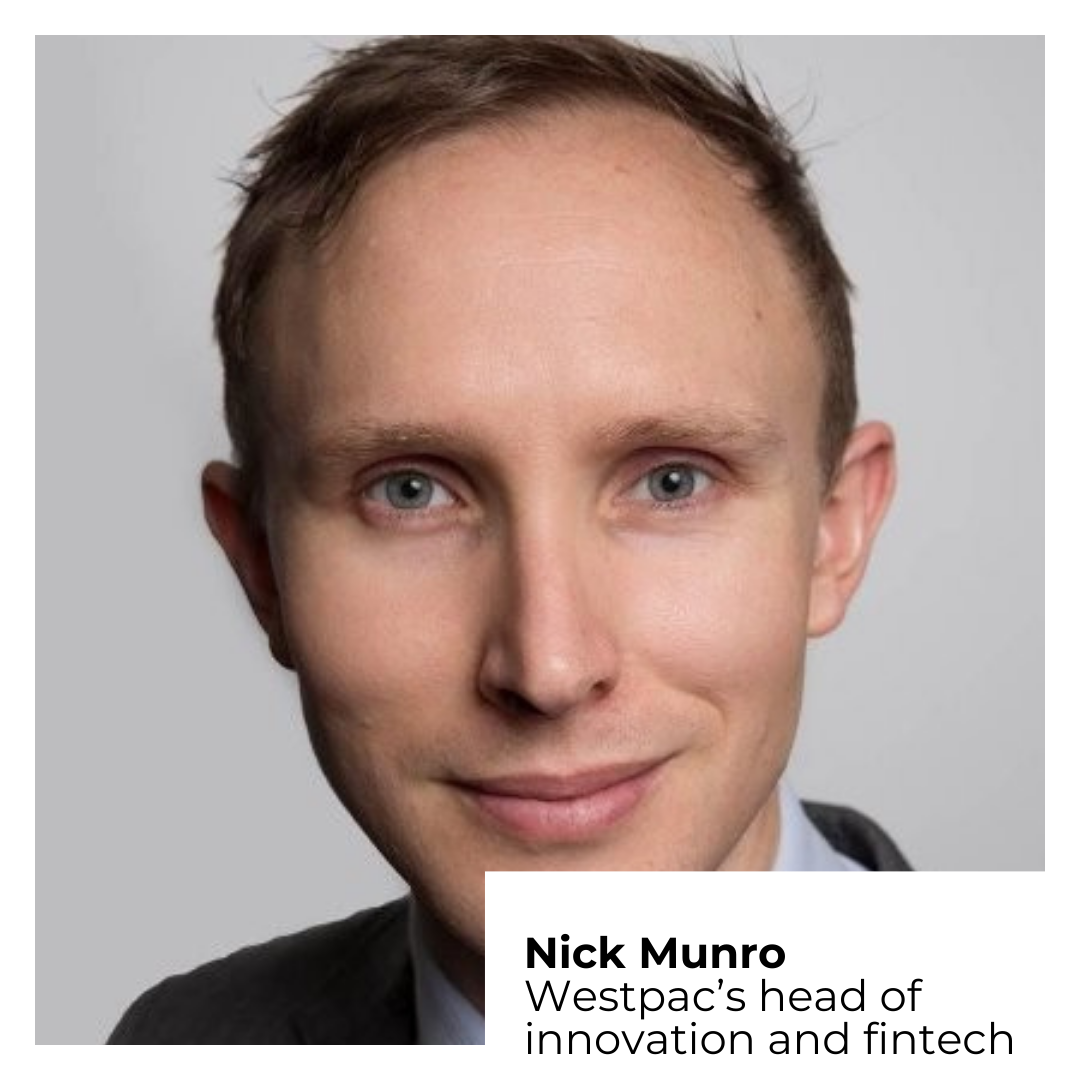The banking and finance sector would benefit from a co-ordinated approach to quantum computing, according to Dr Dimitrios Salampasis, F FIN, senior lecturer, emerging technologies and fintech for Swinburne University’s School of Business, Law and Entrepreneurship.
Salampasis says quantum computing has vast potential to augment everything from traditional financial models to portfolio optimisation.
“When we talk about quantum computing, we're talking about a completely new understanding of computation. It's not a new type of computer,” says Salampasis.
 Quantum computing is the ability to process information represented by special quantum states. An example is quantum mechanics, where subatomic particles have the characteristics of both particles and waves. To be used computationally, quantum bits or qubits must be protected from interference like electromagnetic radiation and in a vacuum environment and kept at minus 273.15 Celcius.
Quantum computing is the ability to process information represented by special quantum states. An example is quantum mechanics, where subatomic particles have the characteristics of both particles and waves. To be used computationally, quantum bits or qubits must be protected from interference like electromagnetic radiation and in a vacuum environment and kept at minus 273.15 Celcius.
Eventually, quantum computing will be able to perform calculations much faster than classical computers and solve problems today’s computers currently can’t solve.
The federal government is at the forefront of the global push to develop an error-free quantum computer, setting aside $2.8 billion over seven years to invest in quantum computing. This includes funding Brisbane-based PsiQuantum’s fault-tolerant quantum computer.
Australia’s national quantum strategy outlines a co-ordinated approach involving public-private partnerships. It estimates quantum computing will add $6.1 billion to GDP by 2045.
For banking and finance, down the track quantum computing will support better correlation analysis and optimise stress testing. It has immense potential for simulations, giving banks the power to more accurately predict likely future outcomes and solve non-linear problems such as credit scoring.
At the moment, classical computers can’t simulate complex probabilistic models, take into account market, credit and operational risk and correlate them with different factors and extreme events. Quantum computing will help solve this. More accurate market forecasts and market movement predictions are other advantages.
“Quantum computing will reduce computational complexity because it can evaluate a large number of possible outcomes. Consequently, quantum computing will allow for continuous portfolio rebalancing based on marketing conditions in real time,” says Salampasis.
“It means a massive enhancement in the speed and accuracy of financial transactions and in the development of new solutions to security and privacy challenges the banking system is facing,” he adds.
On a practical level, quantum computing means faster transaction processing, enhanced high frequency trading and more accurate fraud and anomaly detection. Quantum computing also has the potential to reduce settlement times from days to real-time processing.
“Imagine how efficient that would be for the global financial system,” says Salampasis.
Westpac is among local banks exploring quantum computing’s potential. Its Growth Lab, an internal resource to experiment with emerging or disruptive technologies, is already looking into how quantum computing will eventually change banking and finance.
“Quantum computing today is not ready for prime time. Classical computing is still superior from a cost, speed and effectiveness perspective. But that doesn't mean the moment won't come where quantum supersedes what you're able to do with classical computing,” says Nick Munro, Westpac’s head of innovation and fintech.

“We’re trying to think about how we can be ready for that moment. If you think back, ChatGPT had a moment where, all of a sudden it exploded. If you hadn't been watching, it appeared to come from nowhere. I expect we will see something similar in the future with quantum computing, where the capabilities begin increasing at a more rapid rate.
Munro says it will be important for Westpac to be ready to seize that opportunity. “We're spending more time upskilling our people and looking at the skills we're going to need in the future.”
Quantum’s limitations
There’s only one problem with quantum computing: no-one has yet built a scalable commercial grade quantum computer. In fact, McKinsey has said the hardware and the software necessary for handling complex problems with a quantum computer won't be available until at least 2029 and maybe not until 2035.
“The technology has a lot of promise, but it is still evolving. Financial institutions globally are experimenting with quantum computing and partnering with start-ups to explore this area,” says Salampasis.
As qubits are so susceptible to noise and errors, a challenge is solving scalability and reliability. Talent and expertise are other big issues, as is integrating quantum computers with classical systems.
Nevertheless, Salampasis says there are plenty of opportunities for banks to lead the market in quantum computing.
“There are questions about whether banks need their own quantum computers or whether they can access them through APIs or the cloud,” he says, acknowledging eventually quantum computing technology will become mature and widespread and costs will come down.
Zhe Chen, senior vice president, portfolio manager, research with asset managers Arcadian, says at this stage it’s difficult to know whether quantum computing security protocols will enhance the speed and accuracy of financial transactions. “Quantum computing does not provide a benefit for all computational operations. Existing processes will need to be translated into operations that quantum computing excels at to leverage its benefits,” he says.
Chen notes quantum computing will make current protocols obsolete. “New security protocols will need to be developed to ensure security and privacy in banking,” he says.
 Consequently, quantum-resistant cryptographic standards must be an area of focus in financial services because the advent of quantum computing may pose a threat to current encryption methods that protect sensitive financial data. Salampasi points to early work on post-quantum encryption standards by the US National Institute of Standards and Technology.
Consequently, quantum-resistant cryptographic standards must be an area of focus in financial services because the advent of quantum computing may pose a threat to current encryption methods that protect sensitive financial data. Salampasi points to early work on post-quantum encryption standards by the US National Institute of Standards and Technology.
“Quantum computing could break existing cryptographic algorithms used to ensure the confidentiality of transactions, internal communication and customer data. Banks must be proactive to maintain trust, integrity and safeguard financial data and information,” he says.
Salampasis is urging the local banking and finance sector to work on a strategic map to get the most out of quantum computing as it rolls out.
“Financial institutions have to look at this space and start exploring the applications, partnering with big tech, start-ups and universities, along with monitoring developments within other jurisdictions. We're still not fully certain of the implications and the time horizon, but quantum computing is coming and banks should be ready,” he says.








